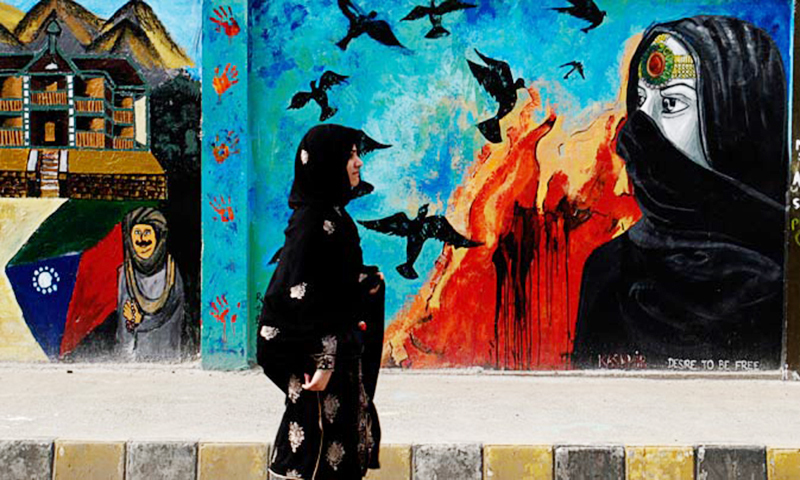KARACHI: Opponents of reproductive health around the world are developing and promoting digital tools and tactics that attempt to curtail the ability of people to exercise their reproductive rights, reveals a report issued by the Privacy International (PI).
The new report has documented 10 data exploitative technologies and tactics being developed to delay or curtail access to reproductive healthcare globally. The tactics include developing digital dossiers about those seeking pregnancy options.
According to the report, the system appears to be able to collect information such as name, address, email address, ethnicity, marital status, living arrangement, education, income source, alcohol, cigarette and drug intake, medications and medical history, sexual transmitted disease history, name of the referring person/organisation, pregnancy symptoms, pregnancy history, medical testing information and even ultrasound photos.
The report notes that online chat services appear to share intimate information about people seeking pregnancy support with anti-contraception and anti-abortion groups based in the United States. Efforts include deploying geo-fencing technology that can reportedly tag and target anti-abortion ads to the phones of people inside reproductive health.
Sara Nelson, the head of PI’s reproductive rights and privacy project, said: “The organised opposition to sexual and reproductive rights has gone digital. Data exploitative tech is being developed that is capable of obtaining vast amounts of intimate information about people’s reproductive health, and delaying or curtailing access to reproductive healthcare.”
The Privacy International has also found smartphone apps that request vast amounts of information about people’s menstrual cycles and reproductive health while reportedly “sow[ing] doubt over the safety of birth control” and covertly being funded by “anti-abortion, anti-gay Catholic campaigners”.
Another tactic observed involves creating fake websites that give “the impression” of offering objective counselling and information about pregnancy options.
The report highlights in detail coordinated international campaigns and trainings promoting an anti-reproductive rights agenda as well as deployment of targeted ads on social media that promoted scientifically dubious health information.
The PI said the right to privacy was one of the precedents used to establish reproductive rights. The primary link between the two stemmed from the fact that laws and policies, which impede individuals’ rights to access sexual and reproductive health services, may also interfere in individuals’ rights to privacy and to make autonomous decisions as it pertains to their health and fertility.
Technology provides incredible opportunities to democratise access to reproductive health information, services and care. It could play a vital role in protecting the lives of those who needed sexual and reproductive health information and care, especially in places where access was otherwise impossible, said Ms Nelson.
“The exploitation of data by the opposition movement is just beginning. As this report shows, the utility of data to rapidly and precisely target content online, to uncover a person’s location, to understand people’s mindsets and lifestyles, is not unknown to those fighting against reproductive rights,” she said, urging global privacy experts and reproductive rights organisations to work together to expose and advocate against such data exploitation.
Published in Dawn, April 21st, 2020














































Dear visitor, the comments section is undergoing an overhaul and will return soon.